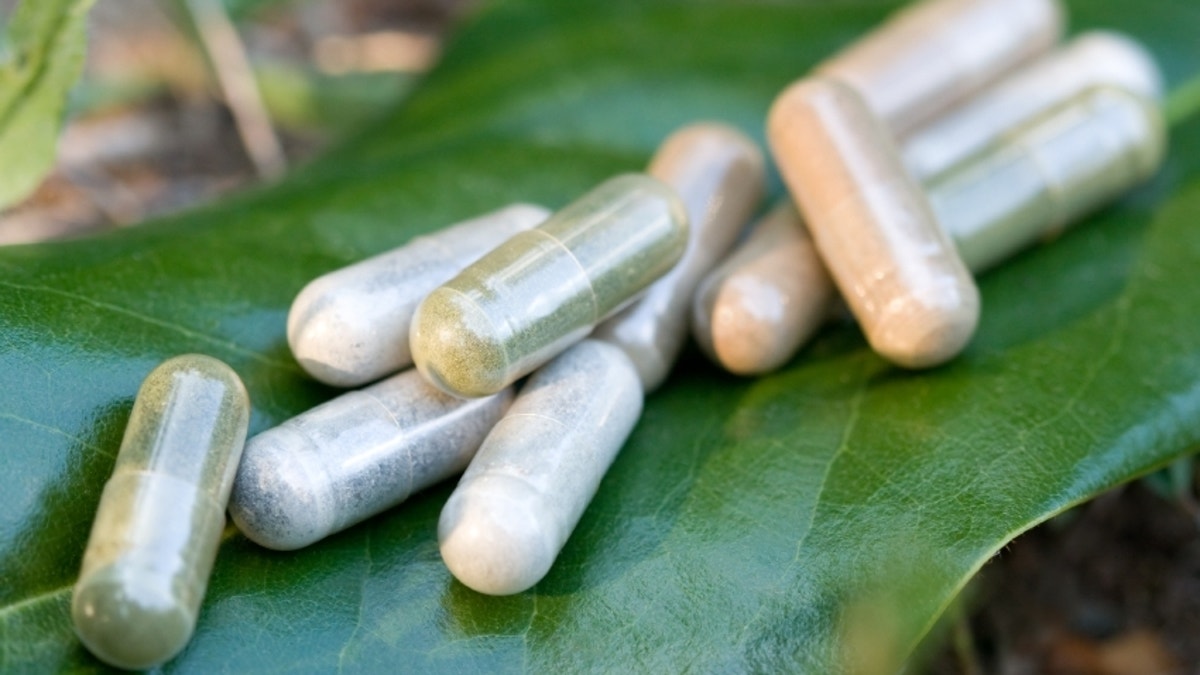
Herbal medicine capsules in a nature environment.
Probiotics, believed to help with digestion, are increasingly being studied to treat wide-ranging conditions, from colic to cholesterol and the common cold.
One of the fastest-growing dietary supplements, probiotics are now prominent on drug and big-box store shelves. They are live microorganisms—or "good" bacteria—that when consumed in capsules or yogurt are said to confer a health benefit. So far, however, there is little scientific proof of their effectiveness—many studies of probiotics have involved less-than-rigorous research standards.
As further data become available, some researchers believe probiotics may evolve into prescription drugs, as doctors focus on specific bacteria strains to target patients' particular conditions. At the moment, however, many experts say probiotics are misunderstood.
"Consumers have shown to be willing to spend the money, just in case [probiotics] work," says Michael Fischbach, an assistant professor of bioengineering and therapeutic sciences at the University of California, San Francisco. "What we all have to be careful about is to not view them as a panacea and to make sure that we don't raise our expectations too high."
The strongest clinical studies have suggested some probiotics may be beneficial for certain gastrointestinal problems, allergies and vaginal infections. Many doctors recommend probiotics when patients are taking antibiotics. Probiotics are widely considered safe except for people with an impaired immune system, though experts recommend talking to a doctor first.
For other ailments, hundreds of probiotic studies are currently under way, experts say. In a report last month in the British Journal of Nutrition, researchers at the University of Medicine and Dentistry of New Jersey-School of Health Related Professions said a combination of two probiotics may reduce the symptoms and recovery time for the common cold. Other studies have shown similar results, especially with children.
Researchers this month presented evidence at a meeting of the American Heart Association showing that two daily doses of a probiotic lowered bad cholesterol by nearly 12 percent and reduced total and saturated cholesterol esters which contribute to the hardening of arteries. The study was funded by Micropharma Ltd., a Canadian probiotic research and production company.
Click here to read more on this story from The Wall Street Journal.
